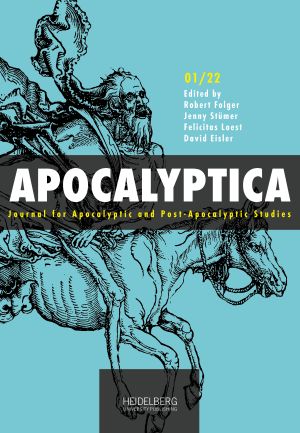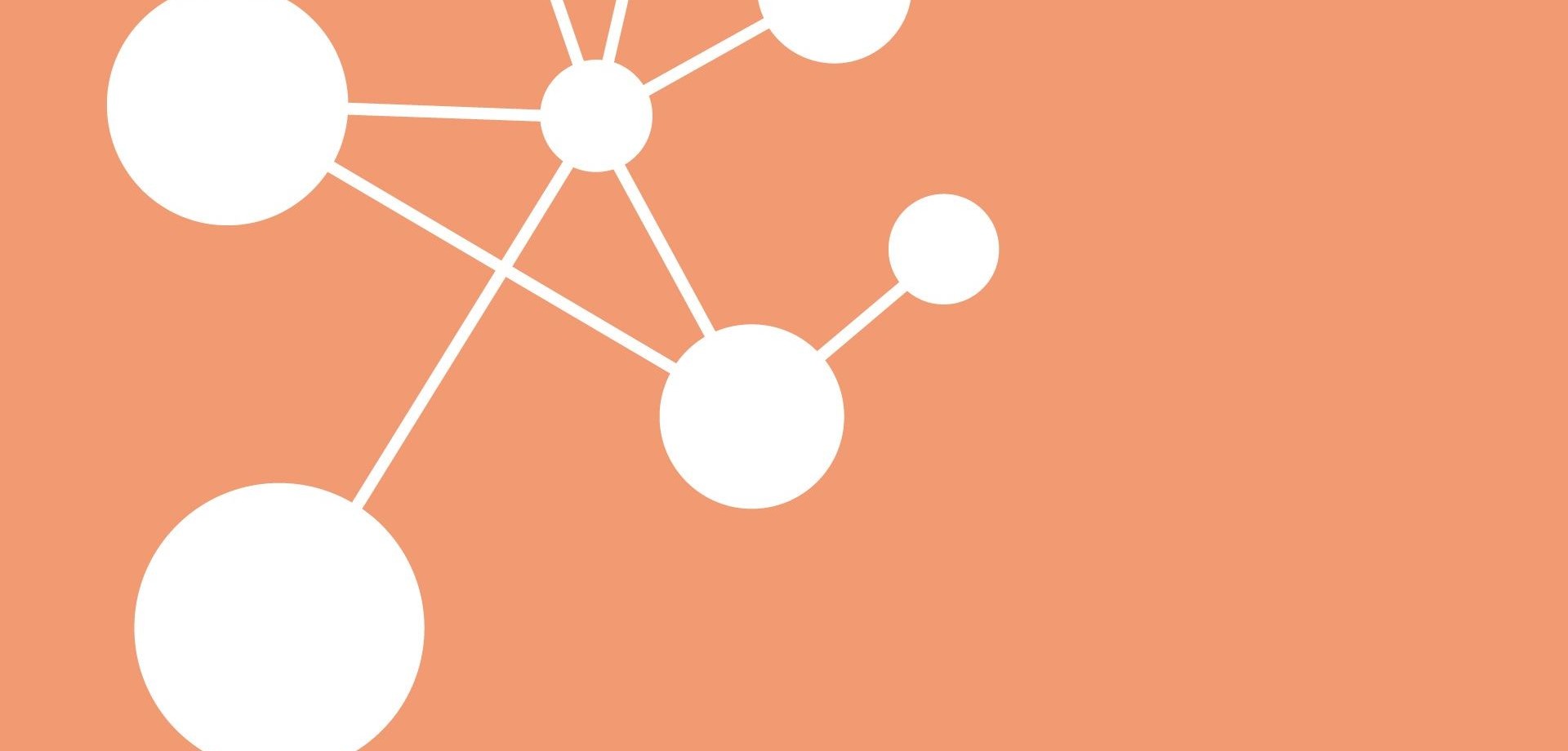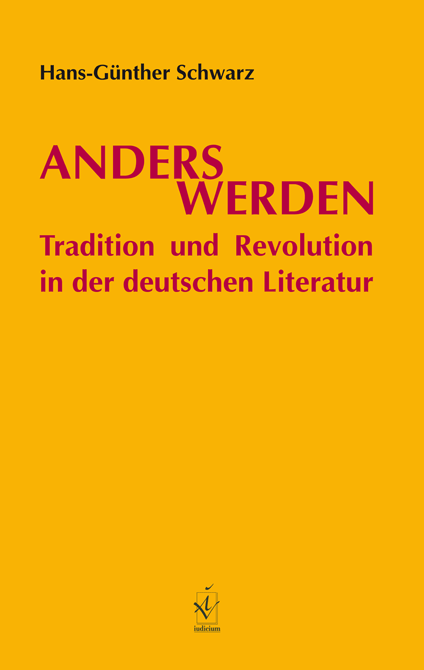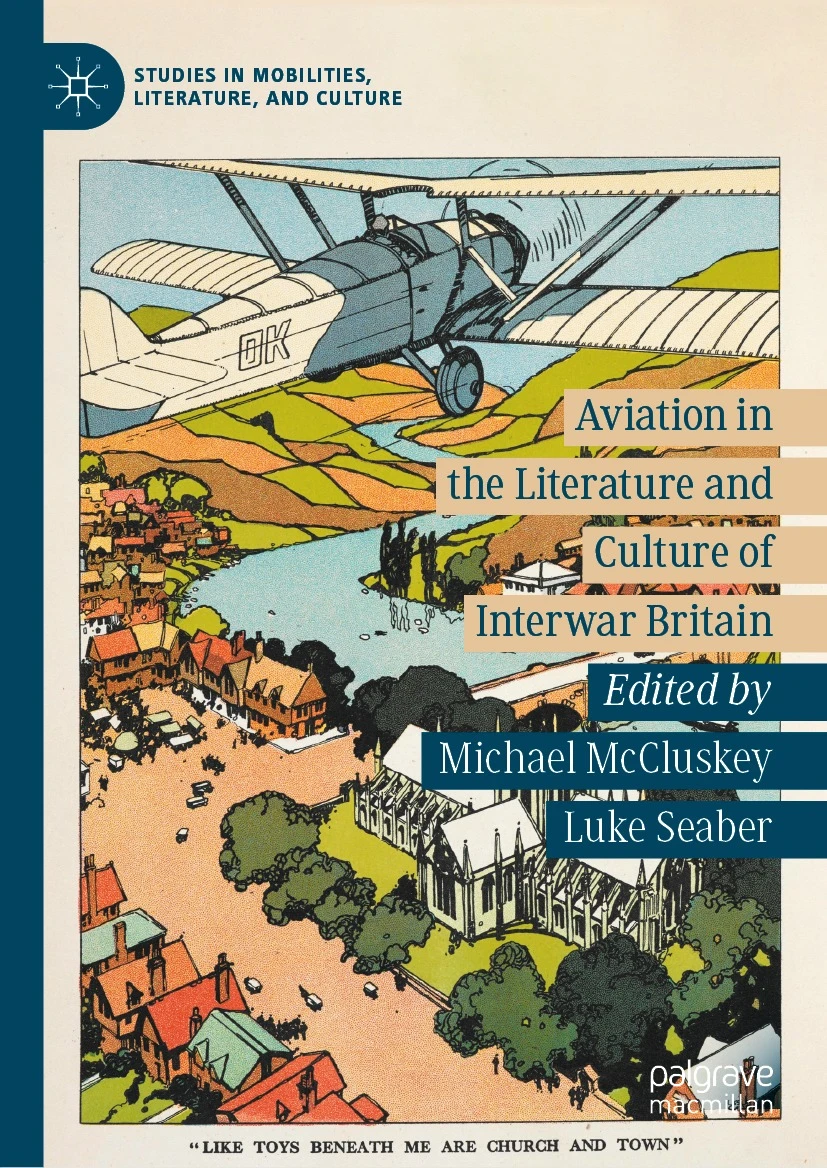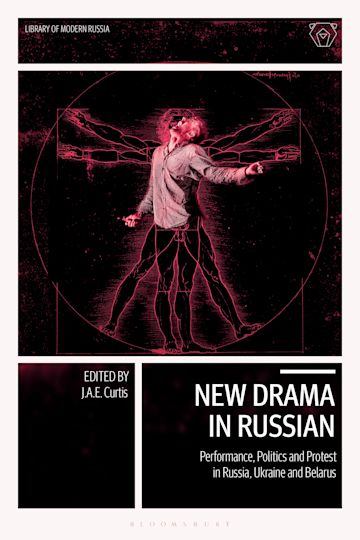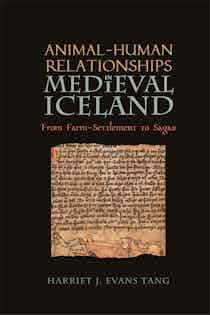The evolution of Spanish past forms
 The Evolution of Spanish Past Forms examines how Spanish past forms have changed diachronically.
The Evolution of Spanish Past Forms examines how Spanish past forms have changed diachronically.
With examples from Medieval Spanish, Golden Age Spanish, and Modern Spanish literary works, this book demonstrates how language is dynamic and susceptible to change. The past forms considered here include the preterit, the imperfect, the imperfect progressive with estar (temporal to be), the present perfect, the imperfect progressive with other auxiliary verbs, the preterit progressive with estar, and the preterit progressive with other auxiliary verbs.
This book will be of interest to scholars and graduate students investigating tense and aspect phenomena in Spanish and other languages, grammaticalization processes, and language variation and change.
zum Buch im ULB-KatalogPlus
zum Buch auf der Verlags-Website
Der Ritter, der ein Mädchen war: Studien zum Roman de Silence von Heldris de Cornouailles
 Der mittelalterliche Roman de Silence erzählt die Geschichte eines Mädchens, das fernab höfischer Zivilisation als Junge erzogen wird und eine Reihe von Männerrollen übernimmt: Sie wird Spielmann, Krieger und Ritter, womit sie sogar das Begehren der Königin auf sich zieht. Vor allem aber ist Silence Zankapfel der Allegorien Nature und Noreture, die an Silences Geschlechtsidentität ihre Überlegenheit über die jeweils andere demonstrieren wollen. Dabei ist ihre Geschlechtlichkeit nur ein Aspekt der faszinierenden Figur Silence, die selbst allegorische Züge trägt. Mit seinen vielfältigen Themen lädt der Text dazu ein, ihn in Diskussionen um Personifikation/Allegorie, Stimme/Sprache/Schweigen, Natur/Kultur, in die Emotionstheorie, die Schrift- und Medientheorie sowie die Historische Narratologie einzubeziehen. Die zehn Aufsätze des Bandes erschließen den altfranzösischen Roman erstmals für ein deutschsprachiges Publikum.
Der mittelalterliche Roman de Silence erzählt die Geschichte eines Mädchens, das fernab höfischer Zivilisation als Junge erzogen wird und eine Reihe von Männerrollen übernimmt: Sie wird Spielmann, Krieger und Ritter, womit sie sogar das Begehren der Königin auf sich zieht. Vor allem aber ist Silence Zankapfel der Allegorien Nature und Noreture, die an Silences Geschlechtsidentität ihre Überlegenheit über die jeweils andere demonstrieren wollen. Dabei ist ihre Geschlechtlichkeit nur ein Aspekt der faszinierenden Figur Silence, die selbst allegorische Züge trägt. Mit seinen vielfältigen Themen lädt der Text dazu ein, ihn in Diskussionen um Personifikation/Allegorie, Stimme/Sprache/Schweigen, Natur/Kultur, in die Emotionstheorie, die Schrift- und Medientheorie sowie die Historische Narratologie einzubeziehen. Die zehn Aufsätze des Bandes erschließen den altfranzösischen Roman erstmals für ein deutschsprachiges Publikum.
The medieval Roman de Silence tells the story of a maid who is raised as a boy, far from courtly civilization, and who takes on a series of male roles: she becomes a traveling minstrel, warrior, and knight; in doing so she even elicits the desire of the queen. Above all, however, Silence represents the bone of contention between the nature and nurture allegories, each of which wishes to use Silence’s gender identity to demonstrate superiority over the other. Yet her gender is only one aspect of the fascinating character Silence, who herself has allegorical characteristics. With its wide variety of themes, this text invites us to include it in discussions about personifications/allegory, voice/speech/silence, nature/culture, the theory of emotions, the theory of writing and media, and historical narratology.
zum Buch im ULB-KatalogPlus
zum Buch auf der Verlags-Website
Weitere Titel können Sie in unseren Neuerwerbungslisten für die Romanistik entdecken!
„Nordmänner, Normannen und Wikinger galten lange als große Unbekannte der europäischen Geschichte. Ihr Bild prägen bis heute vor allem Mythen und Legenden – von Walhalla bis zu Hägar dem Schrecklichen. Netflix-Serien wie „Vikings“ oder Computerspiele wie „Valheim“ betreiben Wikinger-Kult. Für Wladimir Putin sind Normannen und Wikinger als „Waräger“ Gründerväter der „Rus“, des „Heiligen Russland“.



